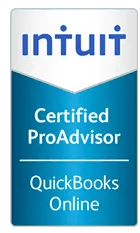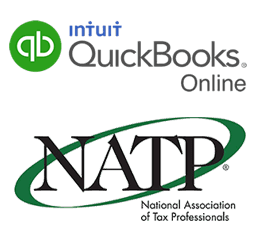Let's Get Connected
Fill out our short questionnaire to see
if we are a good fit!
Contact Us - Mastermind
Let's Take Your Business To The Next Level.
Contact Us
Thank you for contacting us!
You can expect to hear from us within 2 business days.
Oops, there was an error sending your message.
Please try again later.
Please try again later.
Recent Blog Articles
©
2001 -
©
2001 -
AdminBooks TM, Inc. All Rights Reserved.
Site created by
Tafgraphics Design Studio, Inc.
Tafgraphics Design Studio, Inc.











